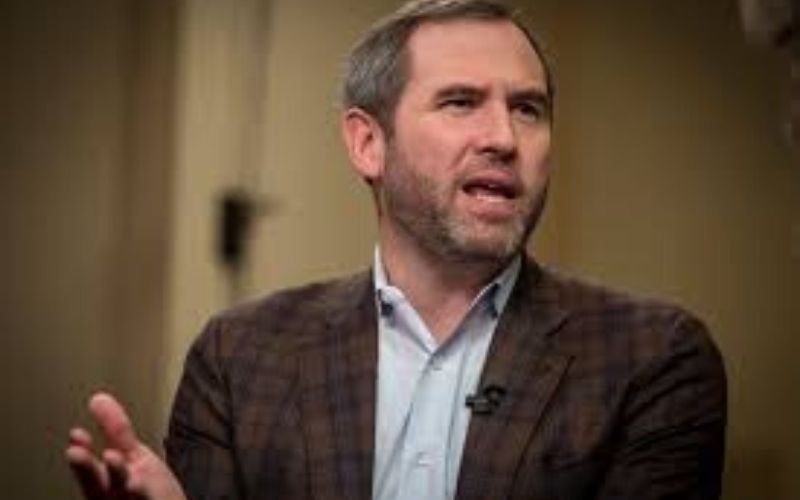The chief executive officer of Ripple, Brad Garlinghouse, has recently explained how the regulatory uncertainty around the digital token XRP has so far affected the growth of the cross-border payment firm.
Garlinghouse explained this while in a conversation with The Block’s Frank Chaparro in Episode 45 of Season 2 of The Scoop.
In the course of the interview, Ripple CEO stated that the payment firm managed to exceed its expectation for 2020 despite the fact that the year was overwhelmed with challenges.
Garlinghouse noted:
“We aren’t going to grow as fast this year as we thought. However, we’re still getting two production financial contracts a week.
Read Also: Ripple CEO Brad Garlinghouse Kicks against Coinbase’s New Apolitical Policy
The Ripple CEO argued that the liquidity of the digital token XRP on Bitso has seen some days this year in which it outperformed Bitcoin (BTC). Despite all these attainments recorded, the uncertain regulatory atmosphere still deterred Ripple from reaching its potential as expected.
No Level Playing Field for All Digital Assets
According to Brad Garlinghouse, the regulatory atmosphere in the United States only favors the first and largest cryptocurrency, Bitcoin (BTC).
He said regulatory climate does not make it a level playing field for all the existing digital assets, including XRP, stating that “Bitcoin was the only one with the hall pass.”
This, according to Brad Garlinghouse, has created an atmosphere in which other crypto assets without regulatory clarity underperform.
Read Also: David Schwartz Answers Questions on How Fair and Reasonable It Is for XRP to Stay below $0.2
Ripple Registered A New Trade Mark for PayString
In another development, Ripple has reportedly registered a new trademark for a product named PayString with the United States Patent and Trademark Office (USPTO).
According to a report, the new trademark registered is meant to rebrand PayID in order to avoid the ranging lawsuit in relation to name.
The trademark application was officially accepted on 13th November 2020.
